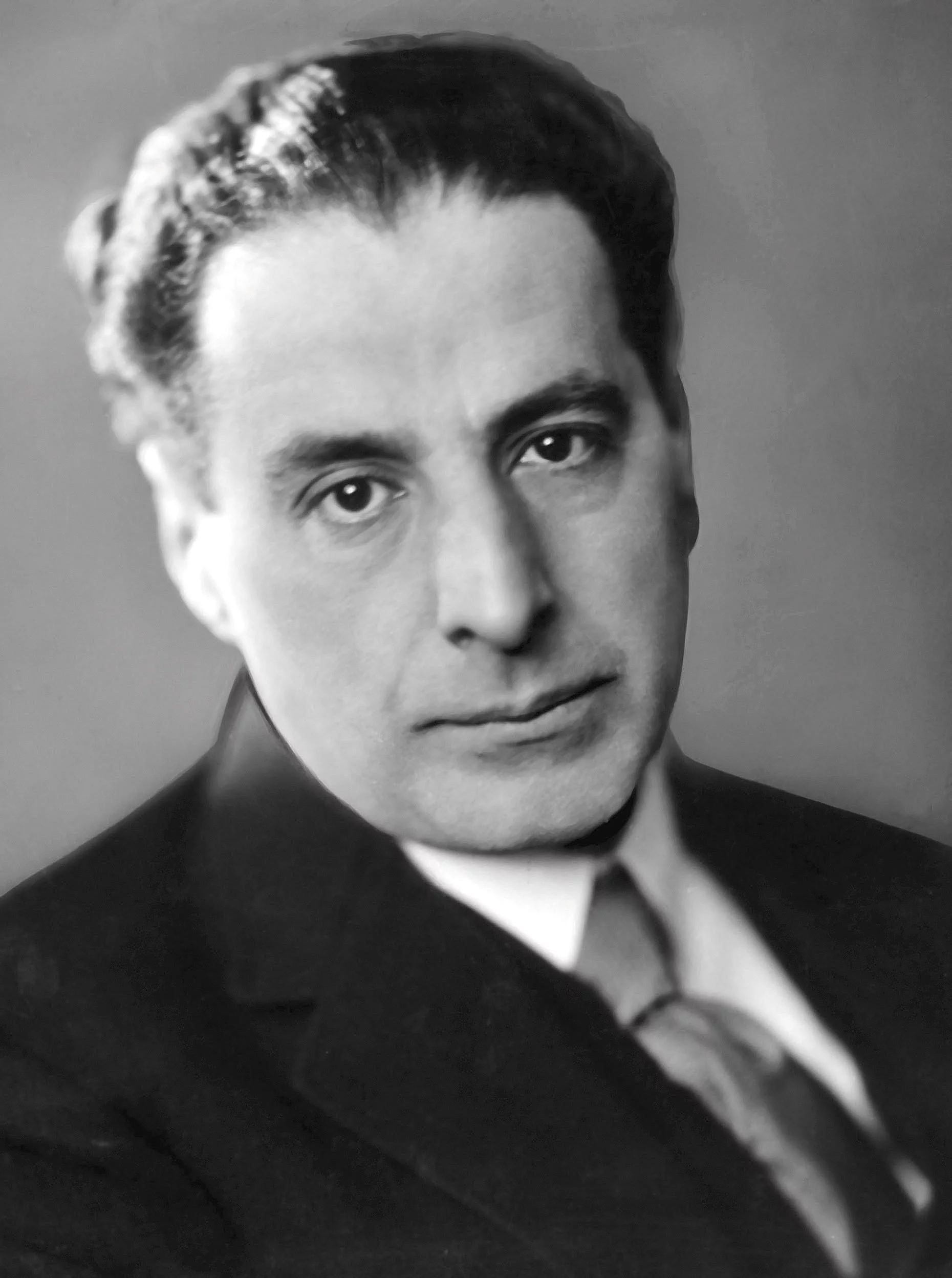- Portrait
- History

“I lived in a rather amusical environment,” Ernst Toch recounted. His parents showed little understanding for his musical talent. Born in Vienna in 1887 as the son of a Jewish leather merchant, he was expected to continue his father’s business one day. But Ernst Toch discovered music early on, especially composing, which he said gave him many an “ecstasy”.
At first he was self-taught and studied mainly works by Mozart and Bach, who he described as his first teachers. His passion was so great that he even composed under his desk during lessons. A fellow pupil took an interest in what he was doing and forwarded one of his string quartets to the Rosé Quartet, whose first violinist was Arnold Rosé, Gustav Mahler's brother-in-law. His work was well received and performed, and Ernst Toch enjoyed his first great success at the age of only 17.
Early successes
Four years later, he won the Frankfurt/Main Mozart prize, which enabled him to study music at the Hoch Conservatory. Further prizes followed: the German Mendelssohn Scholarship and the Austrian State Prize for Music. In 1913, he was appointed composition teacher at the Mannheim Conservatoire. But then came the First World War and Ernst Toch was conscripted. His experiences during the war radically changed his musical aesthetics. He moved away from late-Romantic expression towards a more sober, clear musical language.
Much played ...
In the 1920s, he was one of the most successful composers of his time. In addition to piano, orchestral and chamber music, he also wrote stage works such as the musical fairy tale The Princess and the Pea and the opera capriccio The Fan. Ernst Toch knew how to combine craftsmanship with a functional, modern mode of expression in his works – and often added a pinch of wit and irony. An example of this is his Geographical Fugue for speaking chorus.
... and then forgotten
He recognized the political signs of his time early on: after Hitler came to power in 1933, he emigrated to the USA where he worked as a teacher and film composer, but he never really felt at home there. “You lose your home, but you don't gain a new one,” he said. After a heart attack in 1948, he gave up teaching and wrote seven more symphonies. However, he was no longer able to match the successes of the 1920s. At the end of his life, he described himself as the “most thoroughly forgotten composer of the 20th century”.